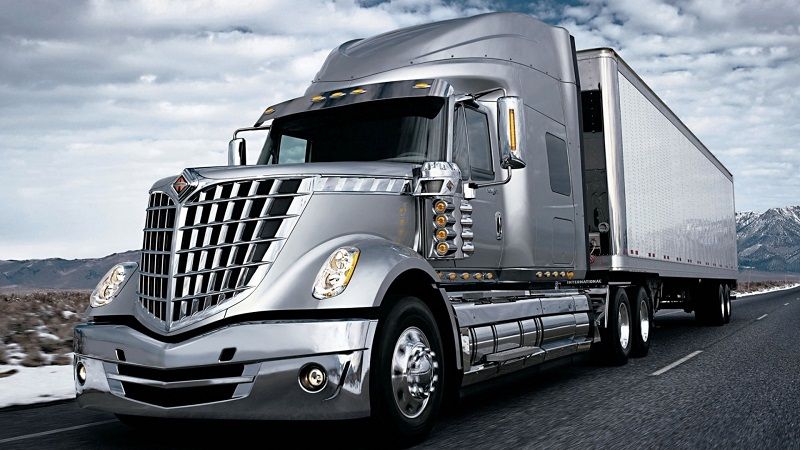“While the purchase of trailers may make financial sense for companies seeking tax depreciation benefits or tax-oriented financing options, the true cost of ownership will encompass many other aspects including preventive maintenance, unscheduled repair services, towing, and various administrative and asset management expenses,” says Joe Gallick, senior vice president of national accounts at NationaLease, one of the largest full-service truck leasing organizations in North America.
Trailers are always going to need maintenance, regardless if they are leased or owned. But when looking at the complete lifecycle of a trailer from procurement to final disposal, Gallick says full-service leasing over a period of seven to 10 years can provide some advantages.
Match the trailer to the need. The leasing company works with the trailer manufacturer to ensure that the trailer specs and features meet the fleet’s needs — in a way that minimizes future maintenance while maximizing uptime, safety, and regulatory compliance. “Failure to understand the fleet’s freight characteristics, loading practices, and operating environment will ultimately lead to increased maintenance costs downstream,” Gallick points out.
Manage maintenance. Once the trailer is acquired, a good lessor will ensure that the trailer is ready for service through proper inspections and administrative tasks. From there, the lessor will service the trailer at pre-defined intervals until the lease expires. “With a tightly governed preventive maintenance program, unscheduled repairs and emergency breakdowns will be kept to a minimum,” Gallick says. “Even when problems occur, the lease provider will have many resources to tap into including a 24-hour call center, pre-established third-party repair suppliers, and substitute equipment – all of which will assist in keeping the fleet’s freight in movement while minimizing unplanned costs.”
Specialized in complexity. Good leasing companies have the technical infrastructure to maintain and repair today’s increasingly complex commercial vehicles. We’re talking technicians, training, and equipment. Core competencies range from traditional reefer systems to cargo sensors and other forms of telematics.
“Leasing companies are becoming increasingly adept in leveraging the technology associated with these applications to yield important performance and maintenance analytics that support problem root cause analysis and continuous improvement processes,” Gallick says.
According to Gallick, goods are now “pulled” through the supply chain by the end consumer, rather than the traditional method of being “pushed” by suppliers. This shift has prompted manufacturers to increase trailer sophistication.
“A trailer has become an extension of the customer’s distribution network in that it’s an integral part of inventory management,” Gallick says. “In a just-in-time world, being able to locate a part in a manufacturer’s assembly line, for example, is critical – and the trailer and cargo-tracking technologies are big enablers in doing so.”
Gallick points to refrigerated trailers as an example. Cold chain technology is becoming a differentiator for many shippers. A typical food distribution trailer may include cargo sensors that can monitor compartment or full trailer temperatures throughout the day, transmitting data and alerts to the customer and maintenance provider when control limits are breached.
“While these tools are essential in complying with increasingly stringent food safety regulations, they also enable the lessor to identify maintenance problems before they occur and correct them proactively during normal scheduled maintenance while avoiding more costly emergency repairs and trailer downtime,” Gallick says.
As is always the case, downtime and costly repairs are among a fleet’s worst enemies. In some instances, a well-planned lease through a well-respected leasing provider can help a fleet face those enemies head on, helping save money and boost ROI over the life of the trailer.
Source: https://www.fleetmaintenance.com
CUT COTS OF THE FLEET WITH OUR AUDIT PROGRAM
The audit is a key tool to know the overall status and provide the analysis, the assessment, the advice, the suggestions and the actions to take in order to cut costs and increase the efficiency and efficacy of the fleet. We propose the following fleet management audit.




